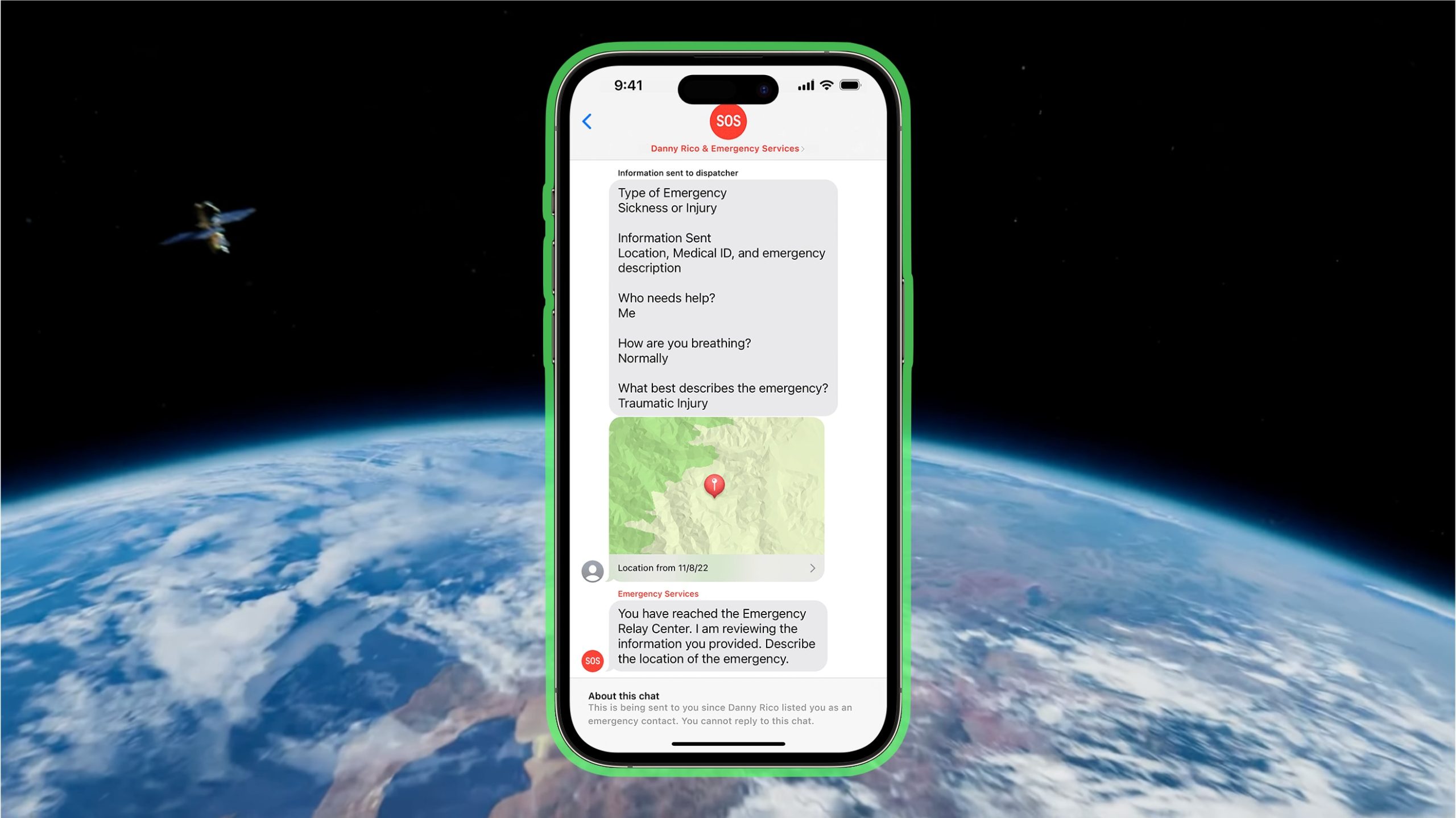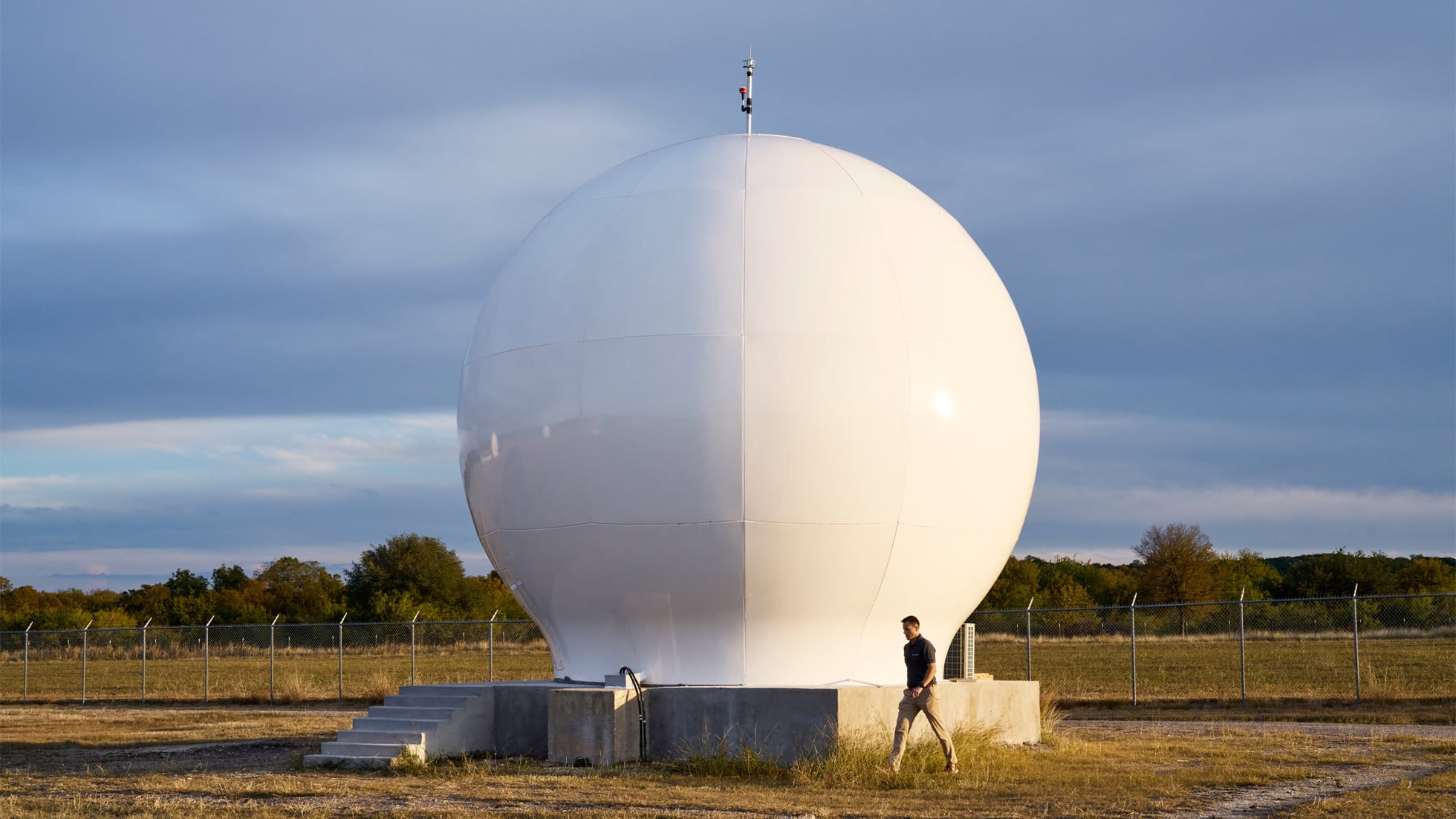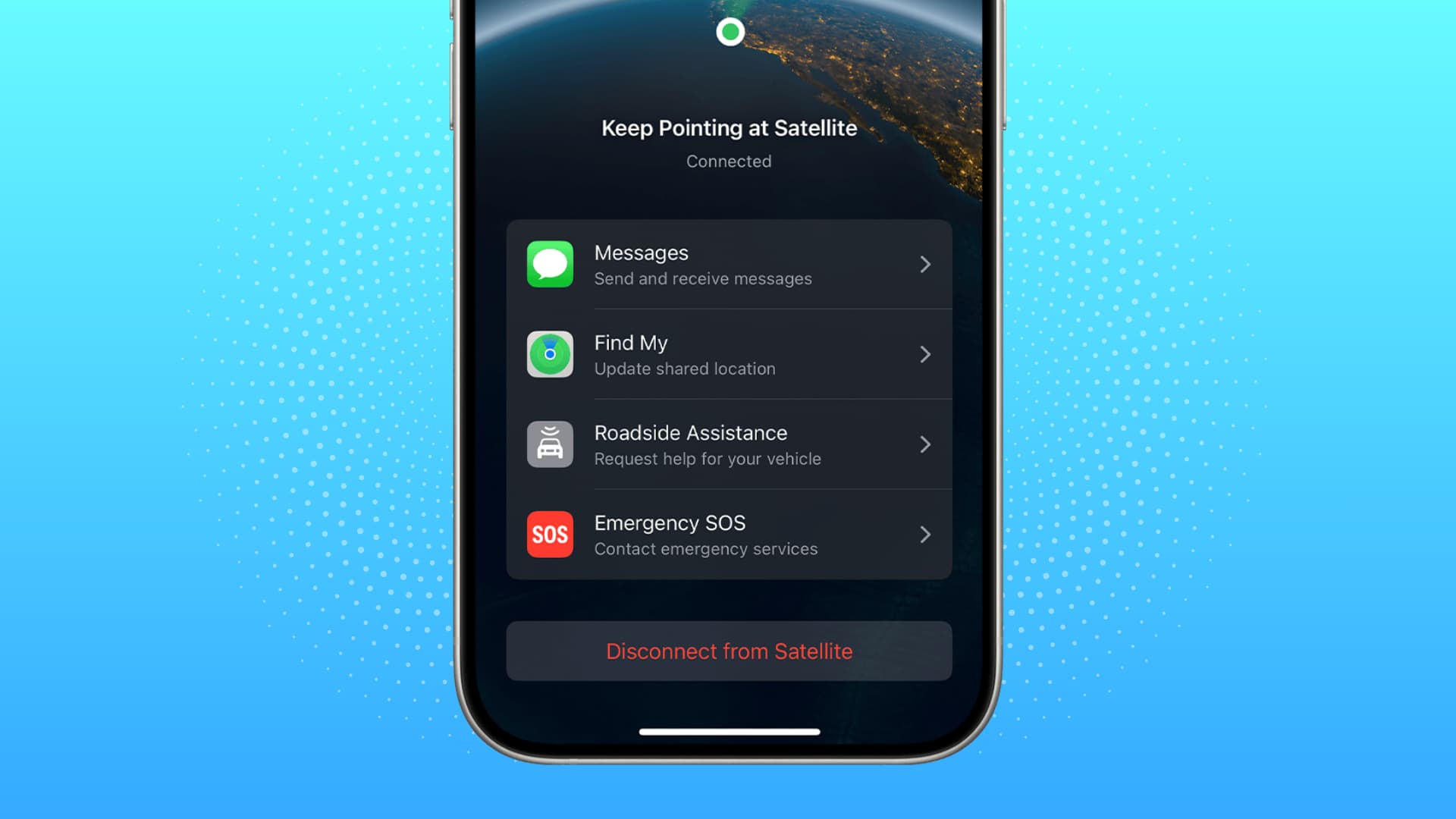How SpaceX tried to stall Apple’s satellite expansion efforts

SpaceX tried stalling the expansions of the iPhone’s satellite connectivity by lobbying the FCC to block the launch of a new satellite constellation by Apple’s partner.
Apple introduced satellite connectivity to the iPhone with the release of the iPhone 14 lineup in 2022. The device can connect to a satellite to provide emergency texting and other services when there is no cellular or Wi-Fi connectivity. The Cupertino company partnered with Globalstar, which operates satellites that beam emergency texts to custom ground stations located at key points all over the world.
Apple recently invested $1.5 bihllion into expanding the built-in satellite features in various countries worldwide. But a new report by The Wall Street Journal alleges that Elon Musk’s SpaceX attempted to throw a wrench into Globalstar’s satellite expansion by urging the United States Federal Communications Commission (FCC) to dismiss Globalstar’s application for the launch of a new “C3” constellation comprising 48 low-Earth orbiting satellites.
SpaceX tried stalling Apple’s efforts to expand the iPhone’s built-in satellite features
The report alleges that Apple wanted to add more partners to support the iPhone’s satellite features, including Boeing, EchoStar and SpaceX itself, which has launched over 550 satellites that provide cellphone connectivity.
SpaceX, through its Starlink operation, has access to far more satellites than Apple, and industry leaders believe Globalstar alone won’t be able to satisfy the iPhone maker’s needs. Apple has held talks with other satellite providers over the years to secure more spectrum, people familiar with those discussions said. It explored investments in the Colorado-based satellite operator EchoStar to provide more satellites and spectrum to support iPhone connectivity, the people said.
Satellite connectivity on iPhones relies exclusively on Apple’s partner Globalstar. There had been “on-and-off-again conversations” between Apple and SpaceX about directly linking iPhones with SpaceX satellites, “but no such deal materialized.”
The conflict intensified in recent months after SpaceX and its partner, T-Mobile, sought Apple’s cooperation to offer Starlink on iPhones, some of the people said. The companies engaged in tense discussions and eventually reached an agreement that allows the SpaceX and T-Mobile satellite cellphone service, which will debut this summer, to appear seamlessly on newer iPhones. Apple retains tight control over the iPhone’s largely closed software ecosystem.
Notably, SpaceX actually requested that those radio bands open up for sharing in the first place; also, Globalstar commissioned SpaceX to launch its new satellites.
Apple’s reaction

Apple wrote in a statement to the publication that the iPhone’s satellite features are “designed to complement carrier offerings, giving users even more ways to stay connected,” adding that the features have “already helped save lives.” SpaceX objected in its letter to the FCC that Globalstar’s “C3” constellation could use radio spectrum in the 1.6GHz and 2.4GHz bands before the regulator develops new rules defining how all satellite operators could use those bands.
“Doing so would be the fairest and most expeditious route to determine the appropriate regulatory regime to govern operations in a band that has not been examined in nearly 20 years,” wrote SpaceX. Globalstar’s position is that sharing these frequency bands with SpaceX might interfere with and affect the iPhone’s satellite features.
Satellite connectivity on the iPhone

iPhone owners can connect directly to a satellite or leverage satellite connectivity provided by wireless carriers, such as Starlink via T-Mobile. Apple has been telling people since the iPhone 14 debuted that satellite connectivity, including Emergency SOS via satellite and other satellite-related features, would eventually require a subscription. Still, the service has remained free so far.
Aside from emergency texting, iOS 18 and later also support iMessage and SMS texting via satellite, location reporting via Find My, and satellite-based roadside assistance. However, not all of those features are supported in each and every country where Apple supports satellite connectivity. Apple’s support page breaks down which satellite features are available in what country.
Source link: https://www.idownloadblog.com/2025/03/31/apple-iphone-satellite-expansions-trouble-spacex-globlstar-rumor/



Leave a Reply